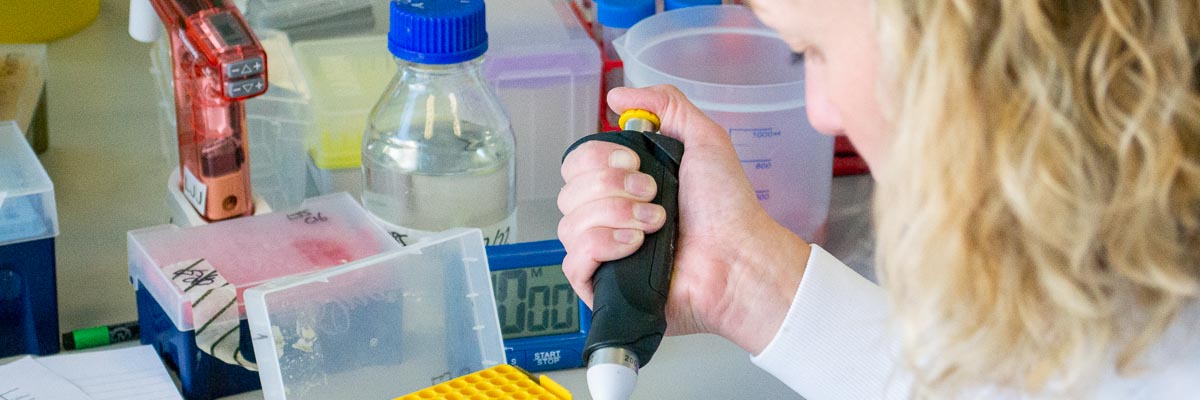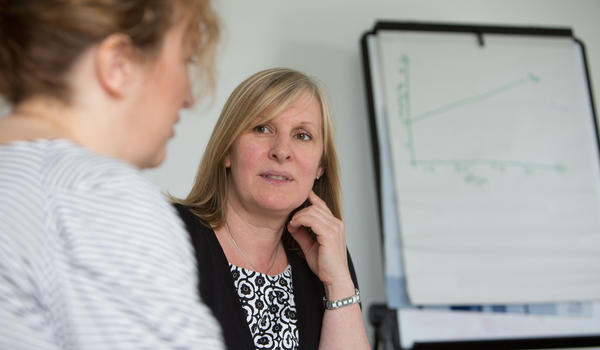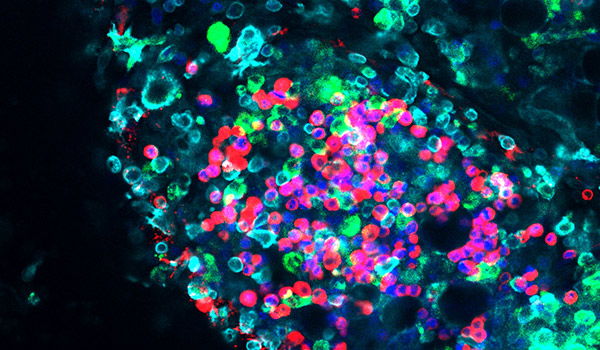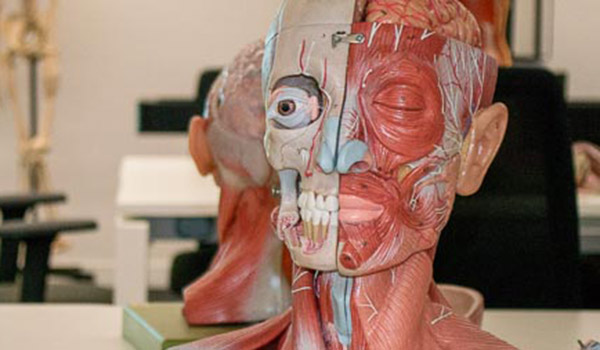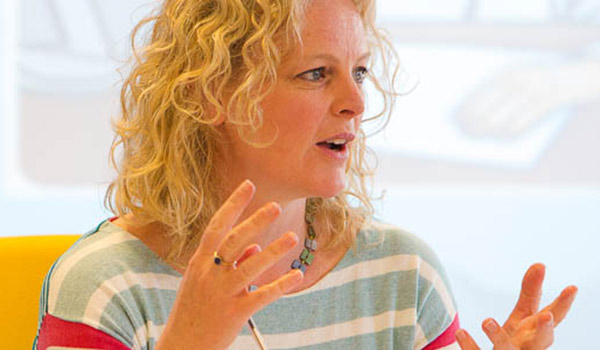We are part of Health@Lancaster which brings academics together from across the university.
We also enjoy close collaborations and strong links with NHS and social care partners, health-related industries and the voluntary sector.
NIHR Research Support Service (RSS)
The Faculty is host the NIHR RSS which is a national service providing free and confidential support for researchers to apply for funding applications and provides post-award support to develop and deliver clinical and applied health and care research. Access to support, advice and expertise is available for all researchers working across the remit of the NIHR and other national peer-reviewed competitions.
There are also specialist centres with expertise in public health and social care. Lancaster University is host to the RSS Hub and Specialist Centre for Social Care as delivered by Lancaster, in partnership with the universities of Liverpool (including the Clinical Trials Centre) Manchester and Manchester Metropolitan University.


